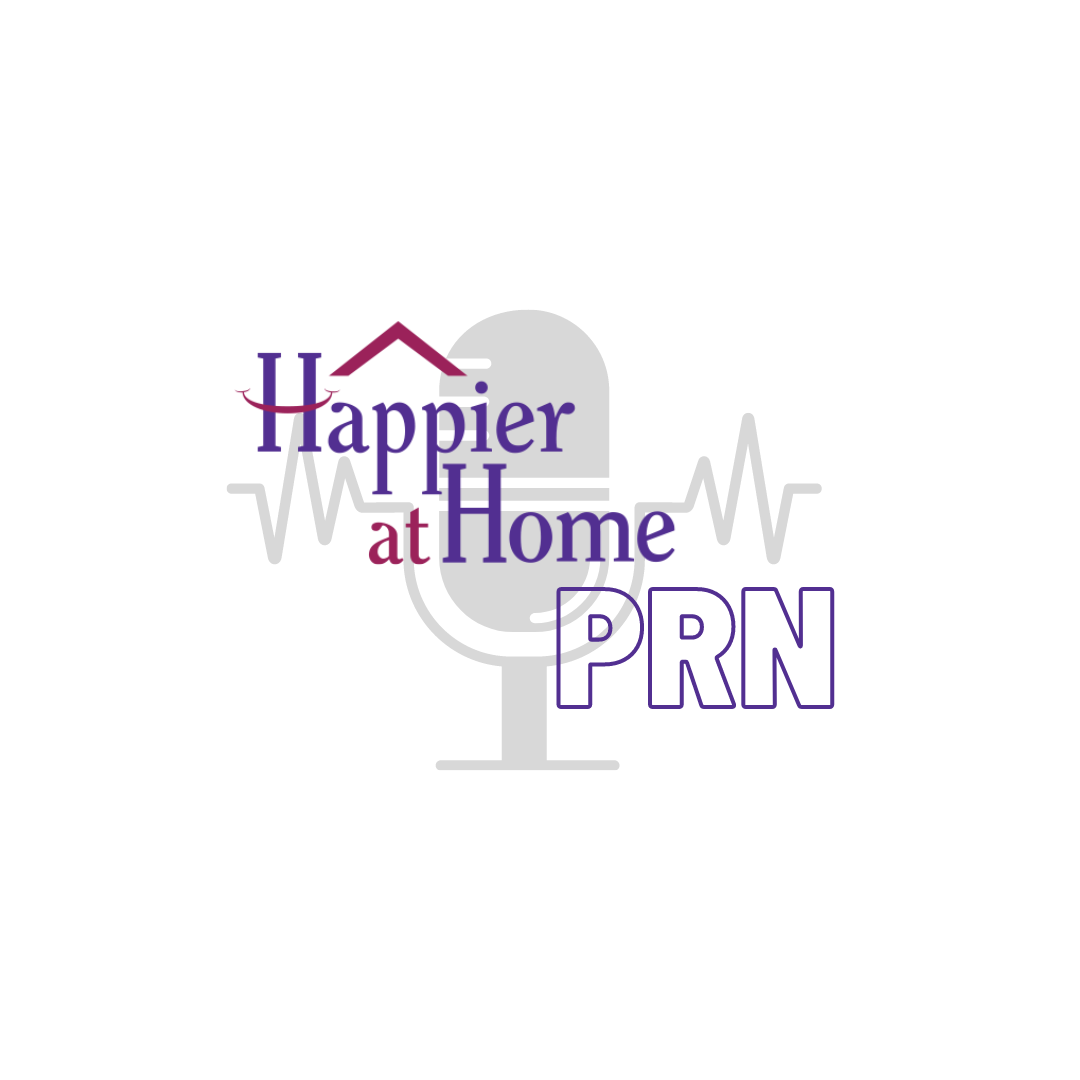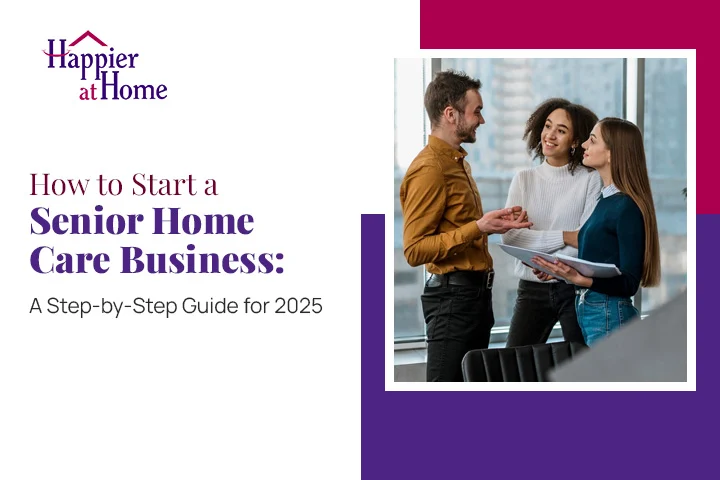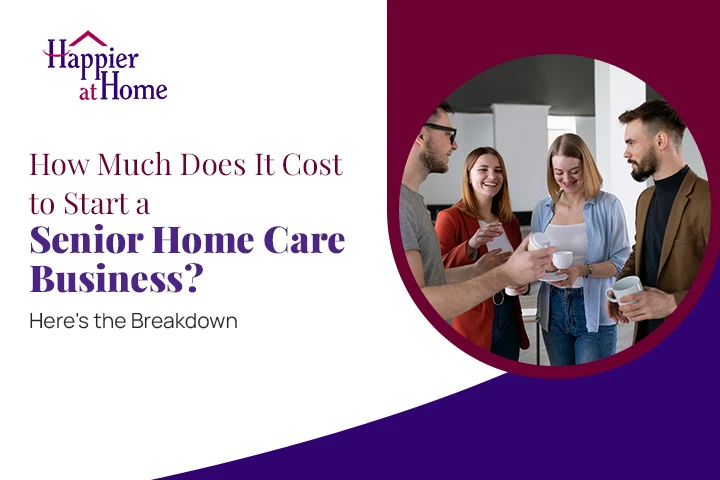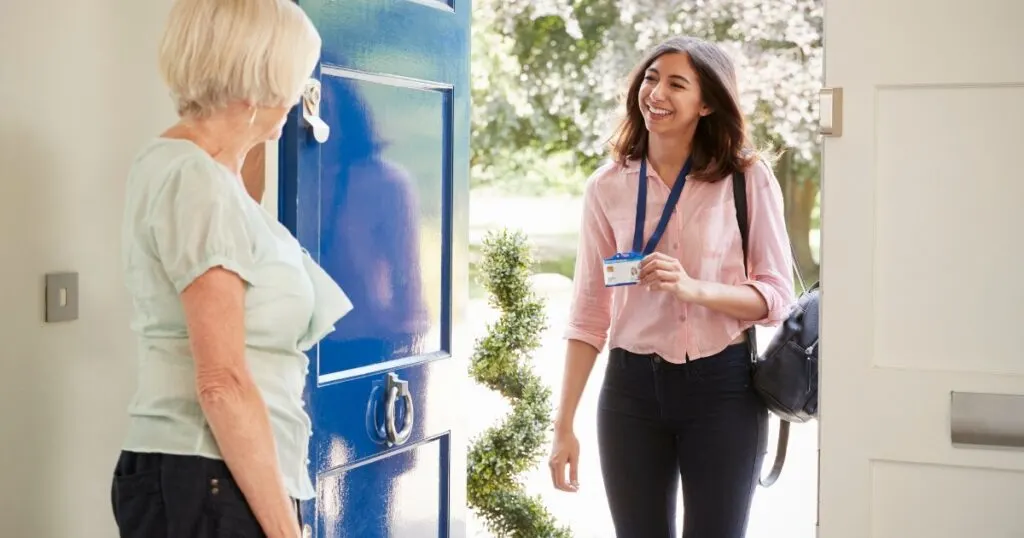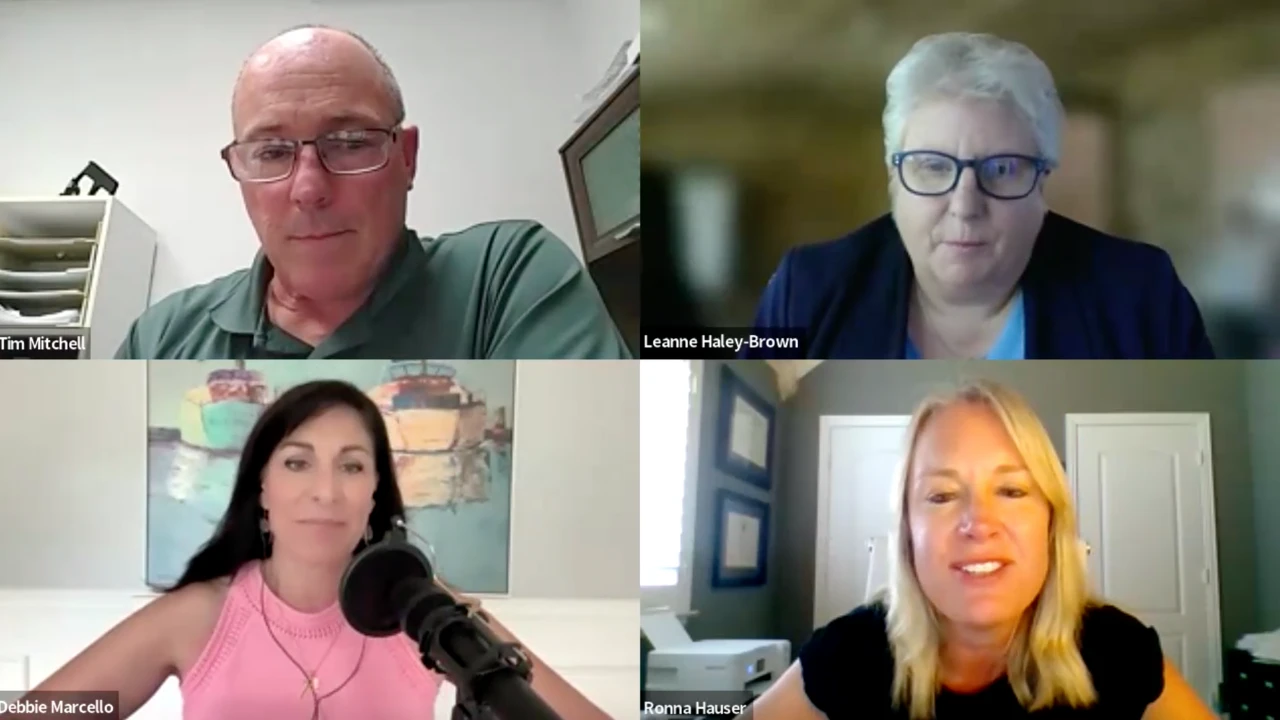The Silent Struggle So Many Families Overlook
Loneliness doesn’t always look like sadness. Sometimes, it looks like forgetting to eat. Or losing interest in a favorite hobby. Or suddenly skipping phone calls.
As our loved ones age, the risk of loneliness and social isolation grows—especially for those living alone or coping with illness, loss, or mobility challenges.
According to the CDC, social isolation significantly increases the risk of premature death—comparable to risks like smoking, obesity, and physical inactivity.
The good news? Loneliness isn’t inevitable. And it’s absolutely reversible—with the right kind of care and companionship.
7 Subtle Signs Your Loved One May Be Feeling Lonely
1. Withdrawal from Social Interactions
Avoiding calls, canceling visits, or declining invitations could mean they’re emotionally retreating.
2. Changes in Sleep or Eating Habits
Loneliness can impact the nervous system—leading to disrupted sleep, appetite loss, or even binge eating.
3. Decline in Personal Hygiene or Home Upkeep
Neglecting grooming or home cleanliness may signal more than forgetfulness—it can be a sign of disconnection.
4. Increased Irritability or Mood Swings
Loneliness affects mental health. If your loved one is more anxious, short-tempered, or reactive, check in gently.
5. Loss of Interest in Hobbies or Routines
Did they used to love gardening, reading, or puzzles? Apathy toward once-loved activities is a major red flag.
6. Frequent Mention of the Past
It’s natural to reflect on memories—but a fixation on the past can reveal a lack of present-day connection.
7. Unexplained Physical Complaints
Chronic loneliness can show up as headaches, body aches, and fatigue—often without a medical cause.
How Happier at Home Makes a Difference
We believe companionship is care.
Our caregivers go beyond tasks—they listen, engage, and connect. Whether it’s enjoying a hobby together, taking a walk, or simply offering conversation, Happier at Home helps clients feel seen, heard, and valued.
This kind of consistent social support doesn’t just lift moods—it improves health outcomes, reduces cognitive decline, and fosters independence.
Emotional support is just as important as physical care. At Happier at Home, we deliver both—right in the comfort of home.
For Franchise Owners: Be the Bridge to Connection
Loneliness is everywhere—but so is opportunity.
If you’re a Happier at Home franchisee, this is your chance to position your services as essential in your community. By highlighting the impact of loneliness—and how your care team directly addresses it—you’re offering more than a service. You’re delivering connection, trust, and transformation.
Our marketing team provides customizable content, email templates, and outreach tools to help you connect with your local audience around this important message.
Let’s Bring Connection Back Into the Home
If someone you love shows signs of loneliness—or if you’re ready to bring meaningful care to others—Happier at Home is here for you.
Reach out to learn how we’re helping clients, families, and communities thrive—together.


